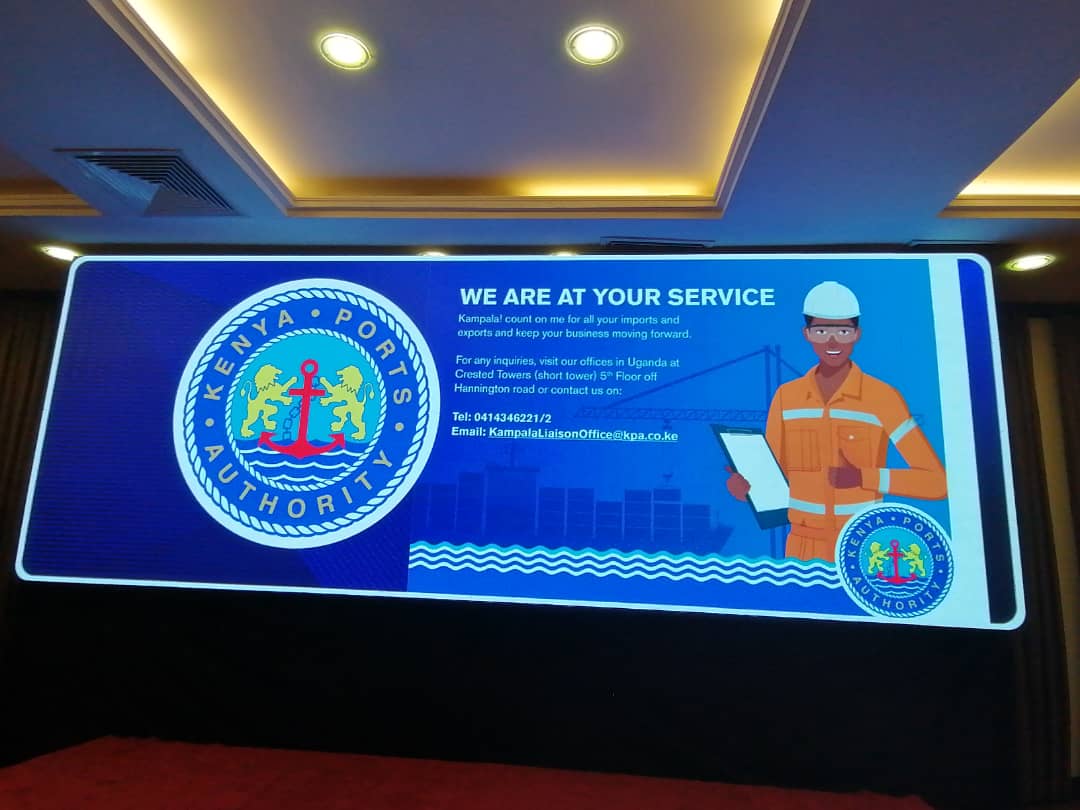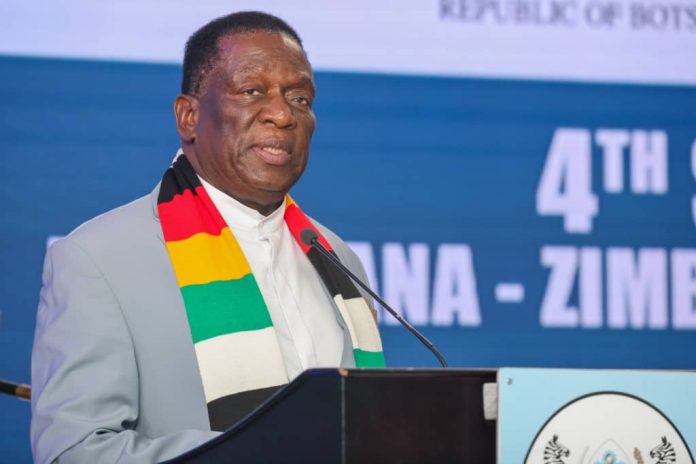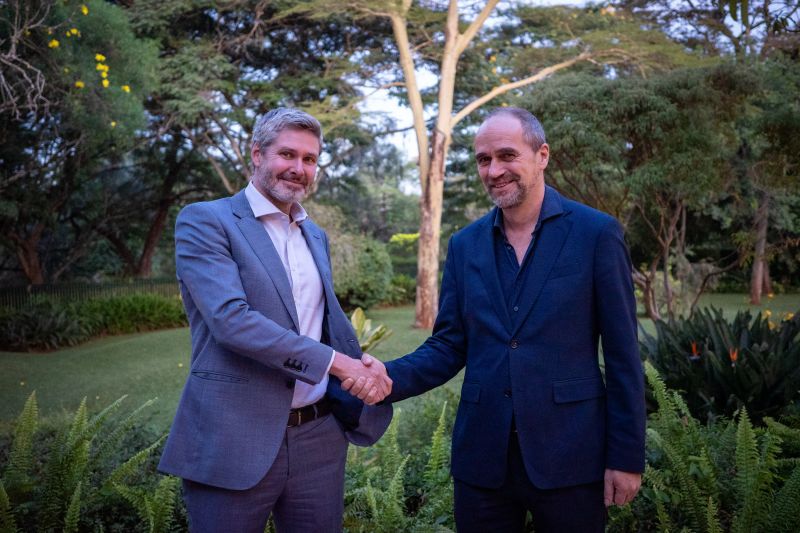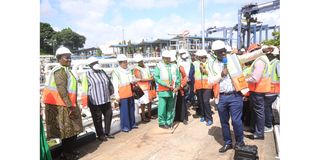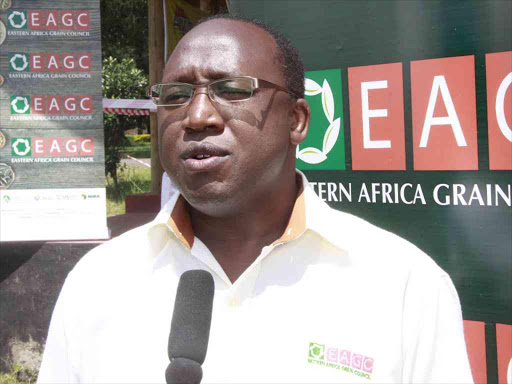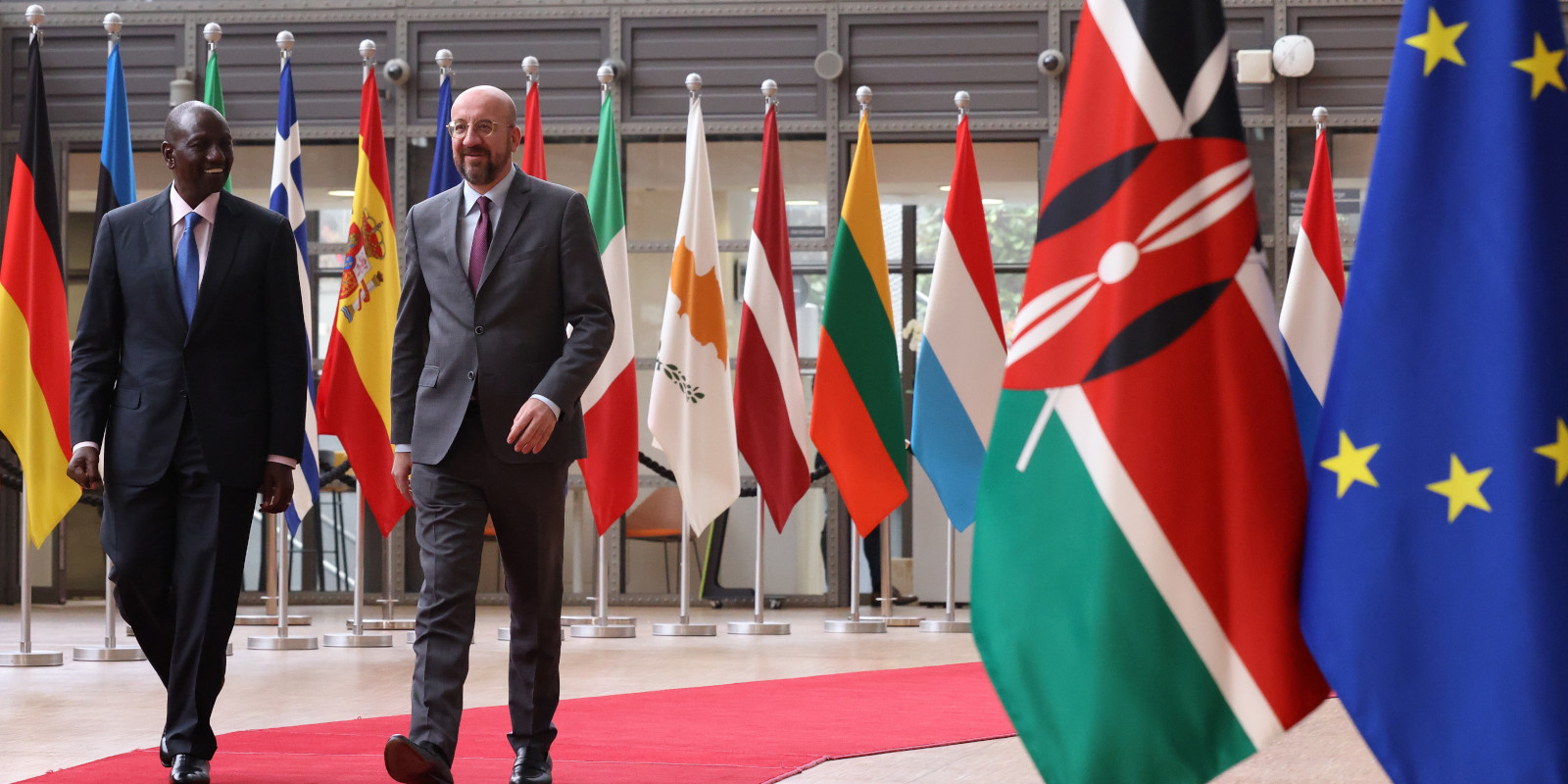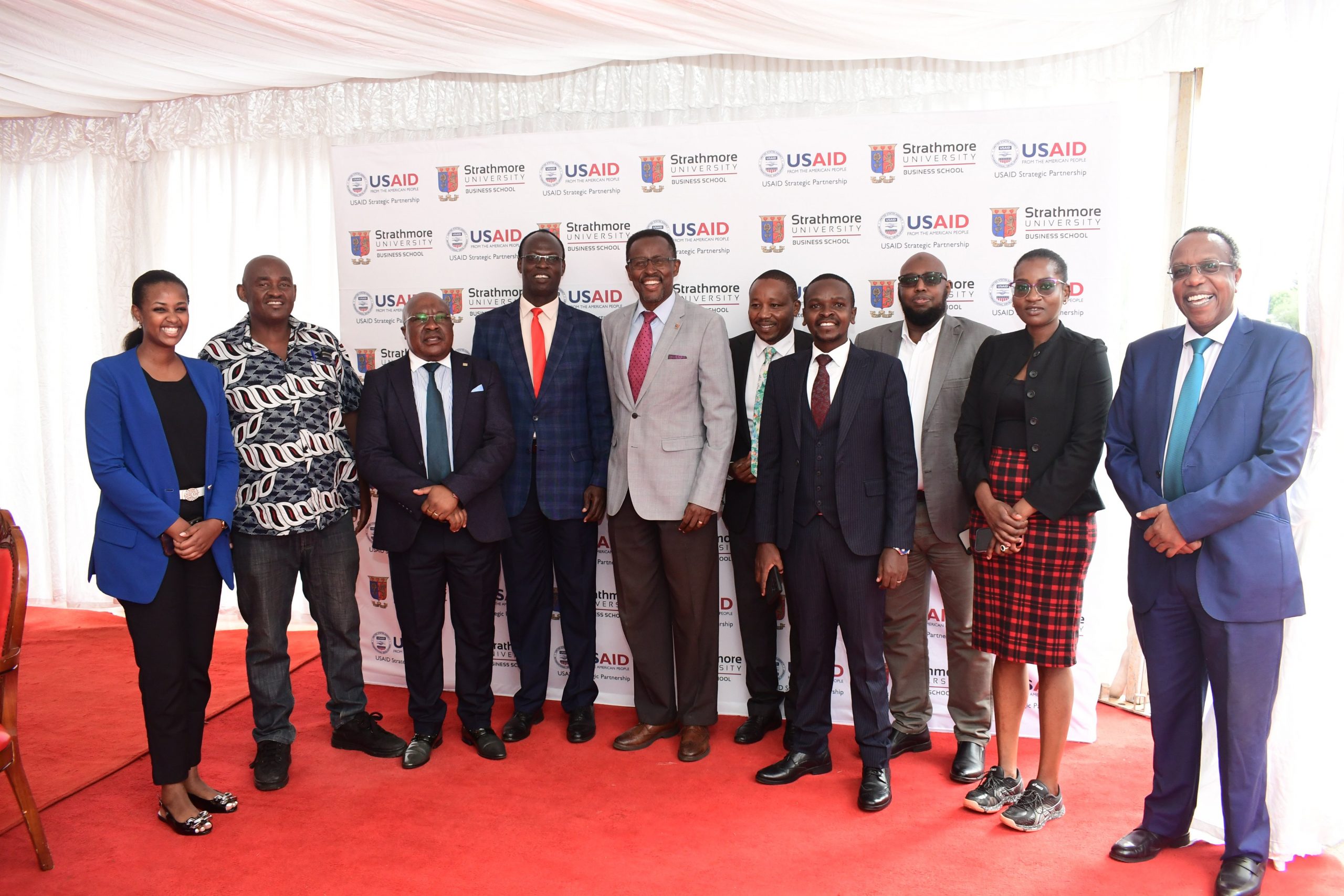TANZANIA: THE Tanzania Women Chamber of Commerce (TWCC) in collaboration with Trade Mark Africa has launched youth wing to empower them skills to achieve business goals. The event was graced by Ilala District Commissioner, Edward Mpologo who represented the Deputy Minister of State, in the Prime Minister’s Office (Labour, Youth, Employment and People with Disability), Patrobas Katambi. Mr Mpogolo commended TWCC for remembering youth wing, an initiative which targets to help women to build their capacity in raising families and boost the economics of their families and nation at large. “This collaboration aims to empower young individuals by providing them with the necessary skills, resources and support so that they can thrive in the world of business,” he said. About 300 women and 40 youth attended the event that was accompanied by a seminar and some presentations from entrepreneurship trainers, all of which aimed to empower them with skills and commitment for achieving commercial and business goals. Youth are the engine of the development of all countries world-wide. The population of our country which is 61 million, among whom 34 million are Youth. In 34 million youth, 11 million are female youth while 10 million are male. He said by involving 34 million young people in empowering them with knowledge and entrepreneurship skills the initiative helps the important group to boost its economy. The meeting provided a platform for women entrepreneurs to connect, share experiences, and explore opportunities for collaboration. Attendees also had the chance to engage with likeminded individuals, gain...
TWCC youth launches women in business networking
Posted on: February 15, 2024
Posted on: February 15, 2024



